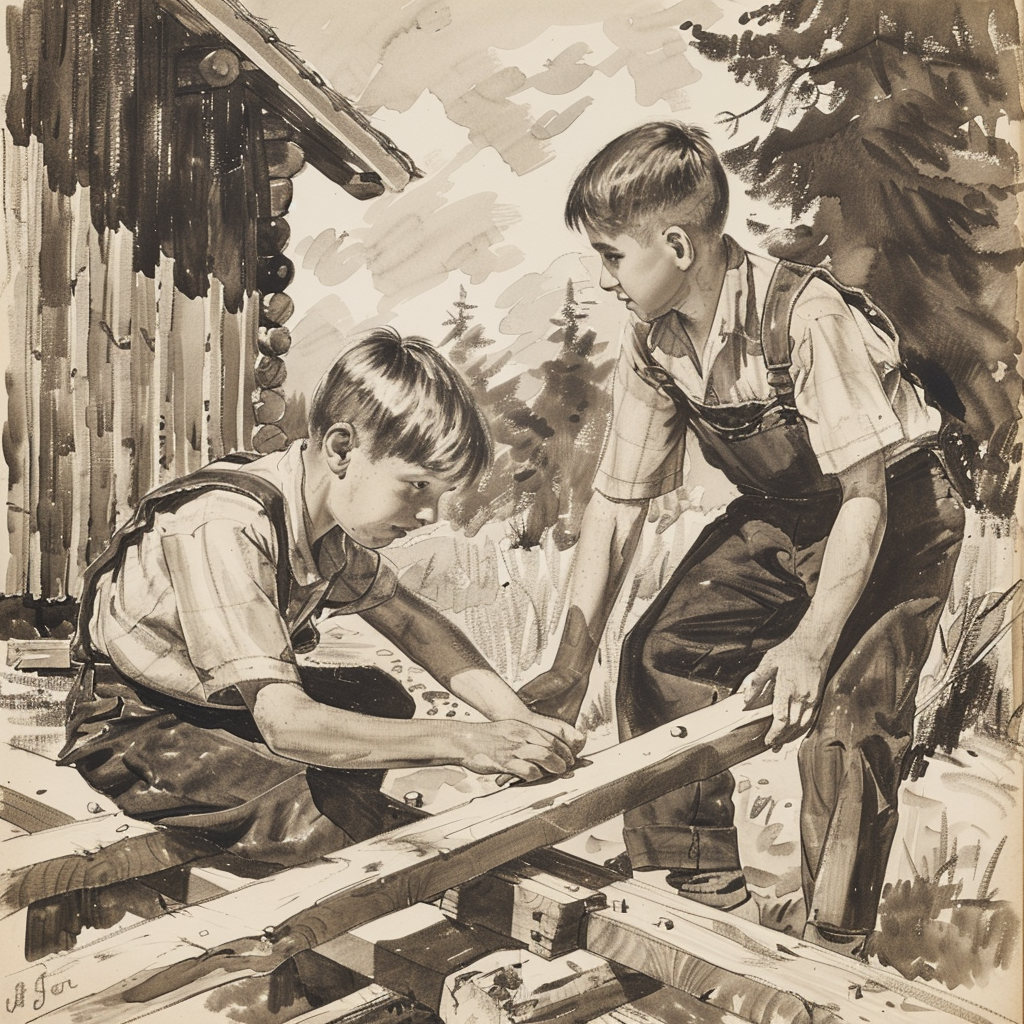The plan was quickly conceived: The terraced garden that belonged to Hans’ parents’ house was at the foot of the village hill. The dismantled walls and doors could be dragged unseen from the mountain into the garden at night. Freshly we set to work.
This post has been moved. Please follow us on Medium to read and/or listen (!) to it in full.
This is a supporter-funded publication. To receive new contributions and promote my work, become a subscriber:
